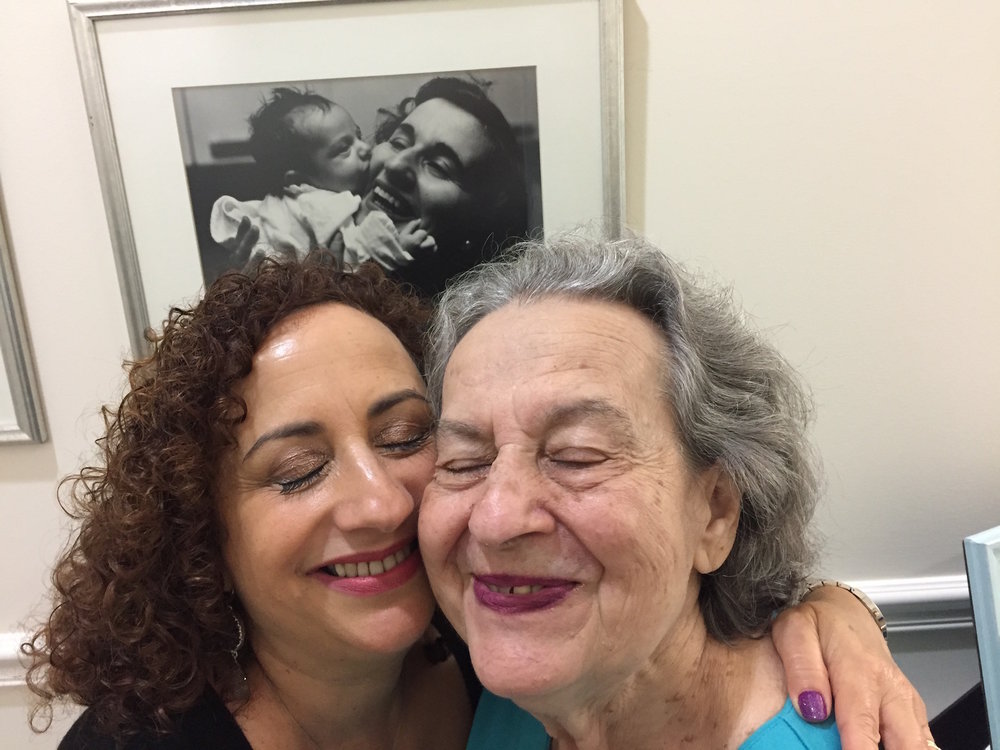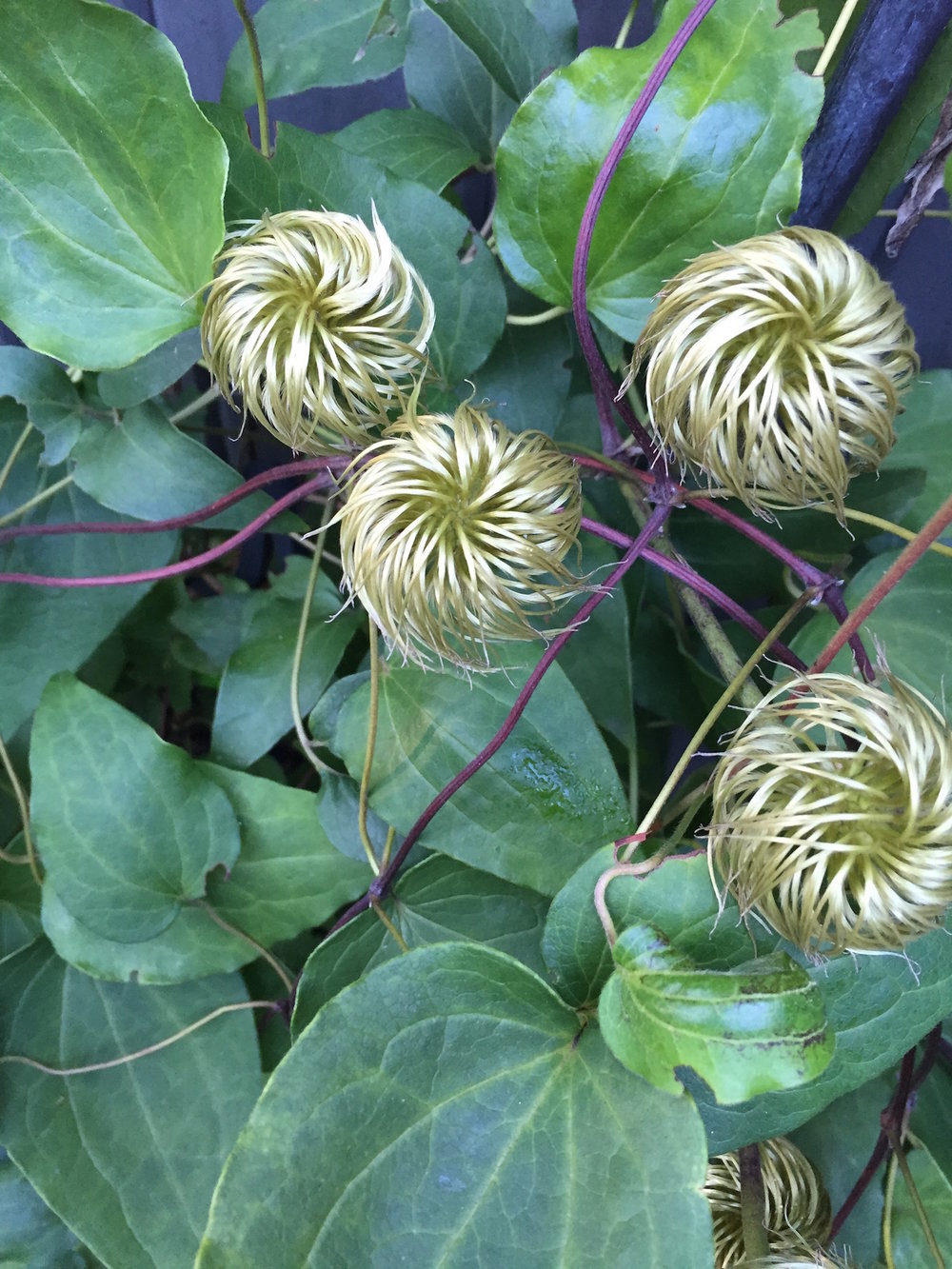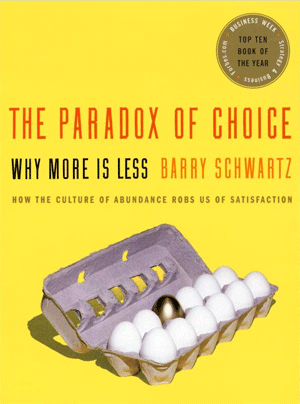When I was growing up, my parents used to have conversations with us about our future goals and desires. Their philosophy, which they practiced in addition to preaching, was to follow your passion and do work that you loved. If you did that, it wouldn’t feel like work. I watched both of my parents create successful careers in music and computer graphics that they were passionate about.
As a young adult with my parents’ sage advice deeply instilled, in 1993, launched my organizing services company, Oh, So Organized! The concept was simple. Combine my love of helping people with my organizing abilities to help those that were overwhelmed and challenged by the disorganization in their lives. While I identified organizing as a skill that I was born with, I also recognized that it was teachable skill. For the past 25 years, I’ve had the privilege of working in a field that I’m passionate about.
In the book Wait, What? James Ryan writes . . .
“Luckily for all of us, many people are interested in helping others; some devote their careers and lives to it. Not everyone is so inclined, of course, and most people are self-interested at least some of the time. An evolutionary biologist or psychologist might say that we are always self-interested, and that our effort to help others is simply our attempt to feel good about ourselves.”
I understand Ryan’s perspective, but I view helping others as a win-win scenario. The person needing help receives that help. It’s a win for them. As a result the helper feels good too. A personal win. It’s a positive scenario. The key is giving help that the receiver wants in a compassionate, non-judgmental way. It’s essential to focus on the receiver’s needs and not what we think they need. Being respectful and listening is essential.
“Helping others to get organized isn’t just about organizing life’s stuff.”
Helping others to get organized isn’t just about organizing life’s stuff. It includes clarifying goals, editing the unessential, honing decision-making skills, letting go of the things that no longer support you, changing habits, and setting up viable, organizing systems. The process requires time and patience. It can be messy and emotional. I have such admiration for the way my clients face overwhelm and organizing challenges. They have such determination and never give up. They inspire me every day. I love being part of their journey and feel honored to have their trust. We’ve created a unique reward program for our clients. Click on the link to learn more about our Client Loyalty Program.
If you’re struggling with the disorganization in your life or know someone that is, please reach out for help. You don’t have to go it alone. While I’d love to be that person for you, finding the right fit is important. This is a personal services business. There are several factors to consider. To gain understanding about finding the best person, which include a series of questions to guide you, read 6 Tips for Hiring a Professional Organizer. The article is an excellent starting point to help you determine your organizing needs and the type of help you want.
Have you enlisted help from an organizer? Are you an organizer that offers help? I’d love to hear more about your experiences. What are your thoughts? Come join the conversation!

















